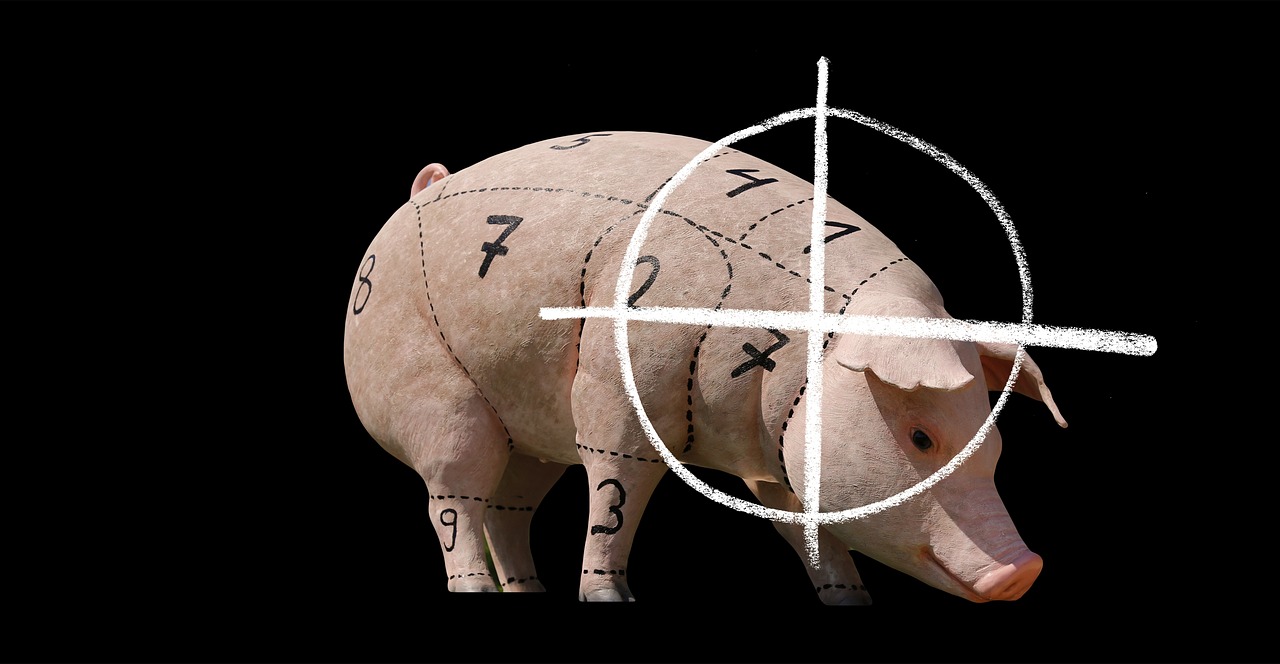
In the book, Charlotte’s Web by EB White, Charlotte the spider says, “After all, what’s a life, anyway? We’re born, we live a little while, we die.” True, but science is trying to extend life even if just a bit with xenotransplantation. That means placing organs from another animal species into humans. And the research into pig organs has been ongoing for years. Among the most promising is its heart.
At first, scientists tried primate organs but only with some success. In the early 2000s, the switch was made to pig organs because they were plentiful, closer to human size and physiology, and had a lower rate of disease transfer. The big problem has been organ rejection. Researchers are using CRISPR, a gene editing tool to remove antigens such as a sugar molecule on the surface of pig cells, called alpha-gal, that triggers our immune system to attack.
Lately, they’ve also been able to remove two other human reactive pig antigens as well as add human genes to the pig genome to improve acceptance of the organ. All this was put into play, in September 2023when a 58-year-old with end-stage heart disease received one of the genetically modified pig hearts. Ultimately, his body rejected the pig heart but it did allow him to spend an extra six weeks with his family before he died.
Most of the more than 1,000 people in the US waiting for an organ will die. Scientists believe one day xenotransplantation will change that.
We are Drs. David Niesel and Norbert Herzog, at UTMB and Quinnipiac University, where biomedical discoveries shape the future of medicine. For much more and our disclaimer go to medicaldiscoverynews.com or subscribe to our podcast. Sign up for expanded print episodes at www.illuminascicom.com or our podcasts at: Medical Discovery News (buzzsprout.com)
More Information
How pig organs made their way into humans: The slow advance to transplant kidneys and hearts
After 20-plus years of quiet research, doctors recently made history with four xenotransplants. Here is how they progressed and what they hope to achieve next.
Patient ‘Progressing Well’ After Second Pig-to-Human Heart Transplant
The recipient, a 58-year-old man with end-stage heart failure, was not eligible for allotransplant.
UM Medicine Faculty-Scientists and Clinicians Perform Second Historic Transplant of Pig Heart into Patient with End-Stage Cardiovascular Disease
After world’s first successful transplant in 2022, also performed at the University of Maryland Medical Center (UMMC), this groundbreaking transplant team performed second pig heart transplant on patient deemed ineligible for traditional heart transplant.